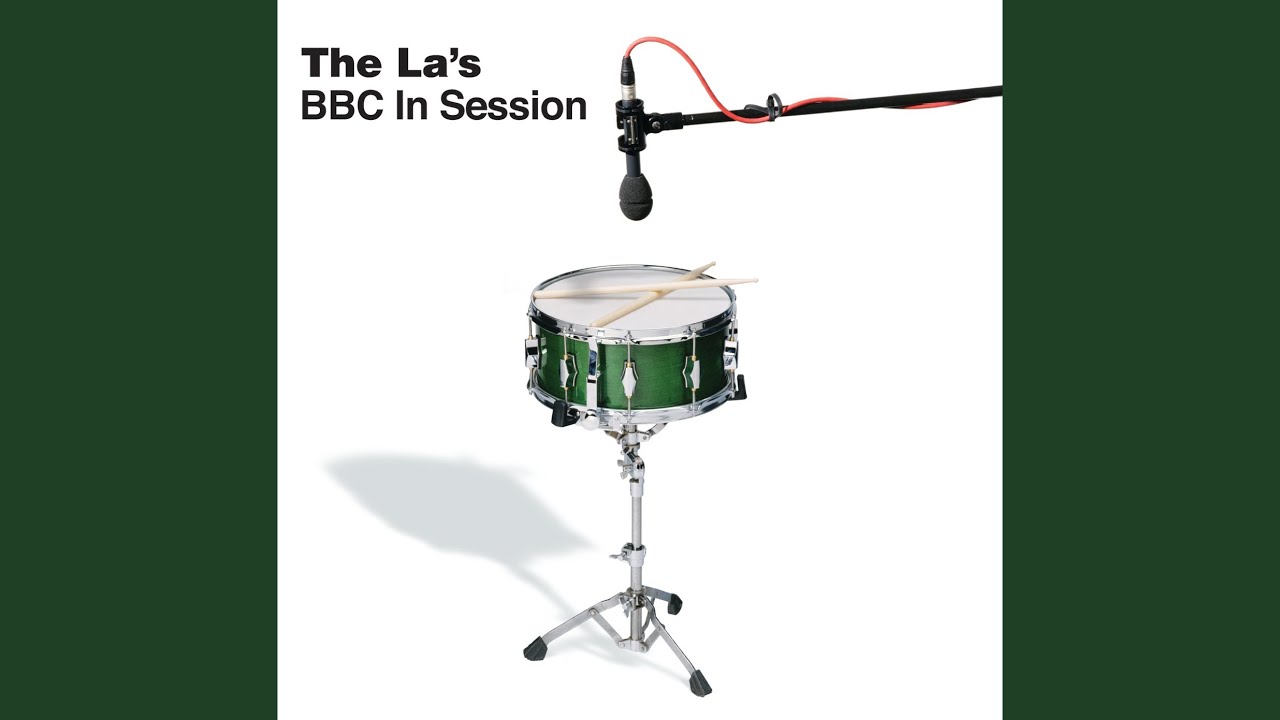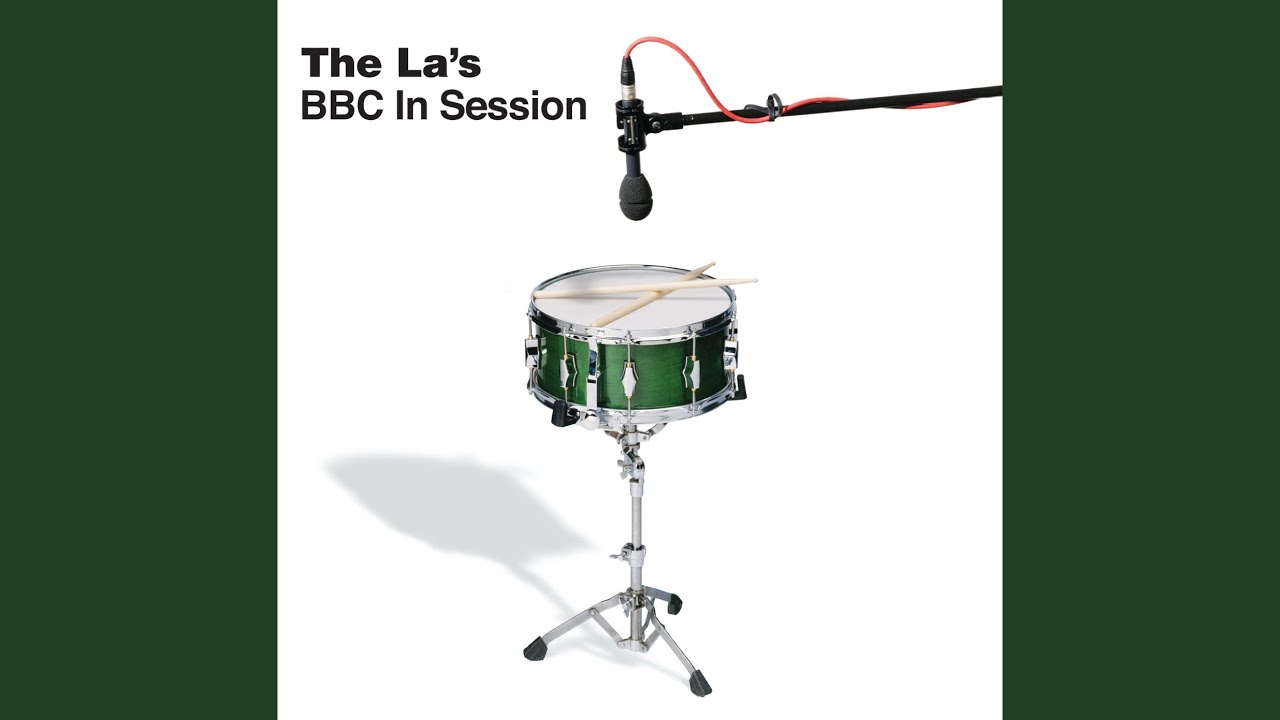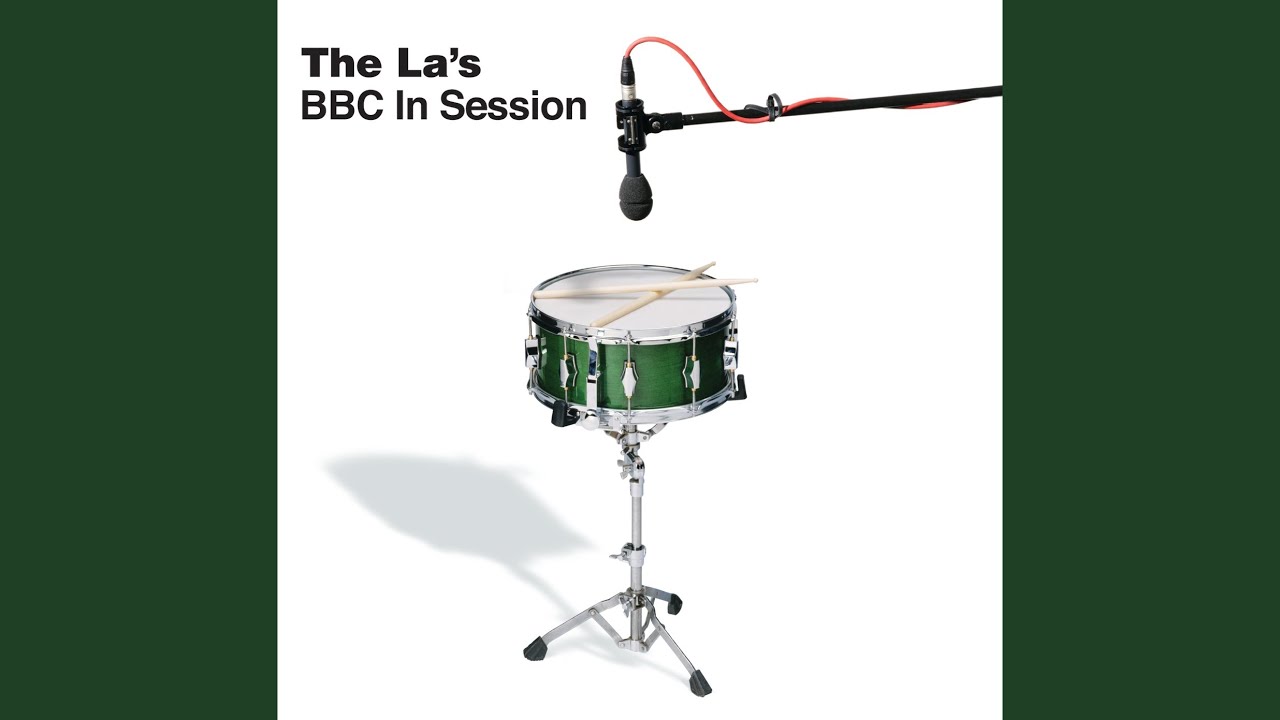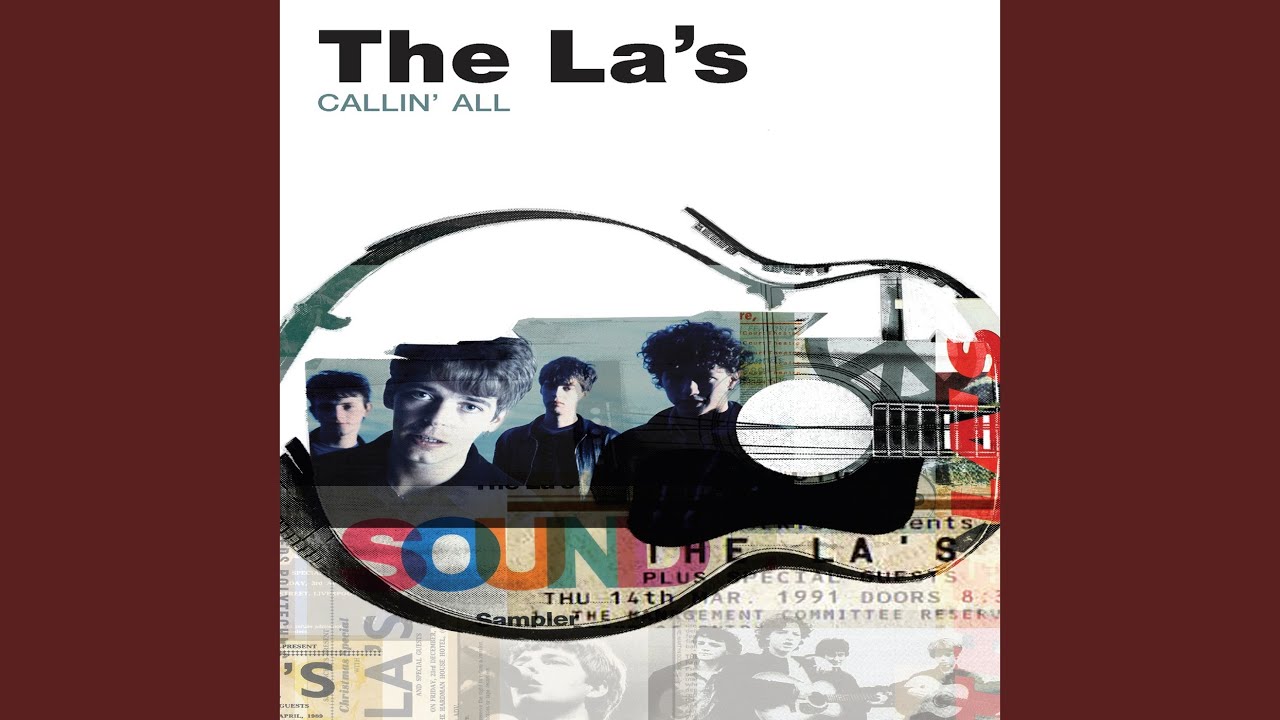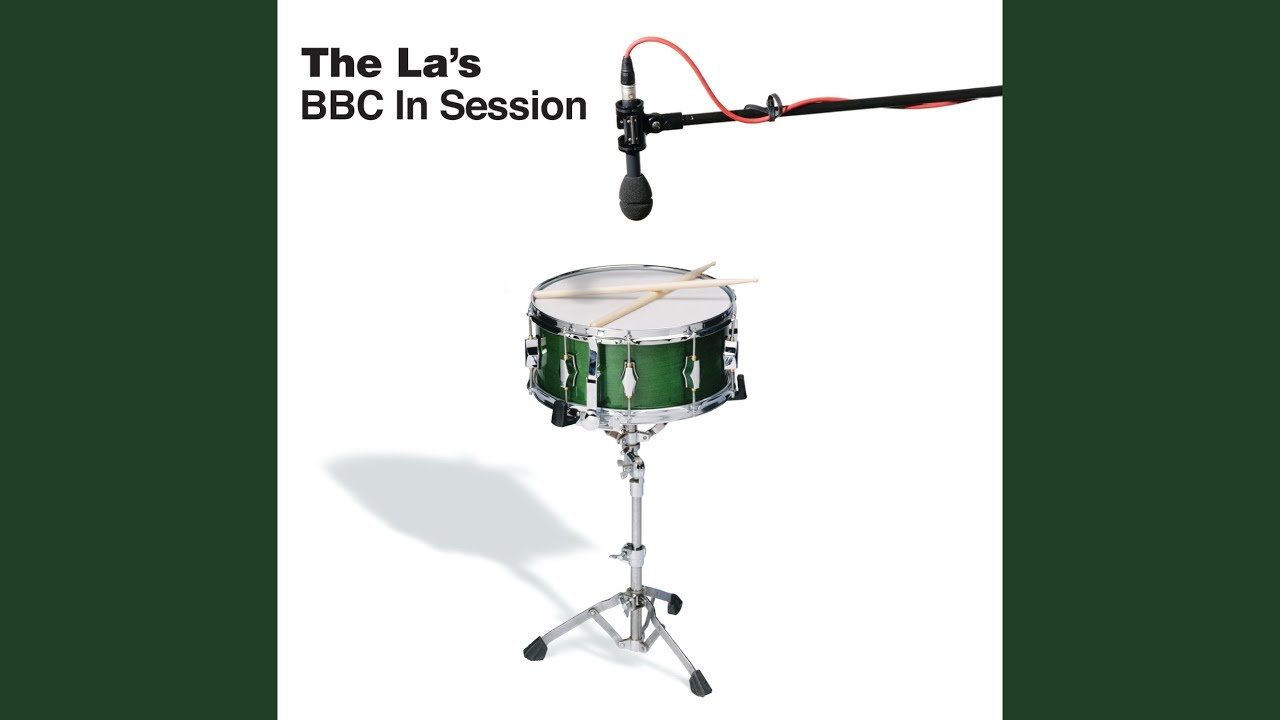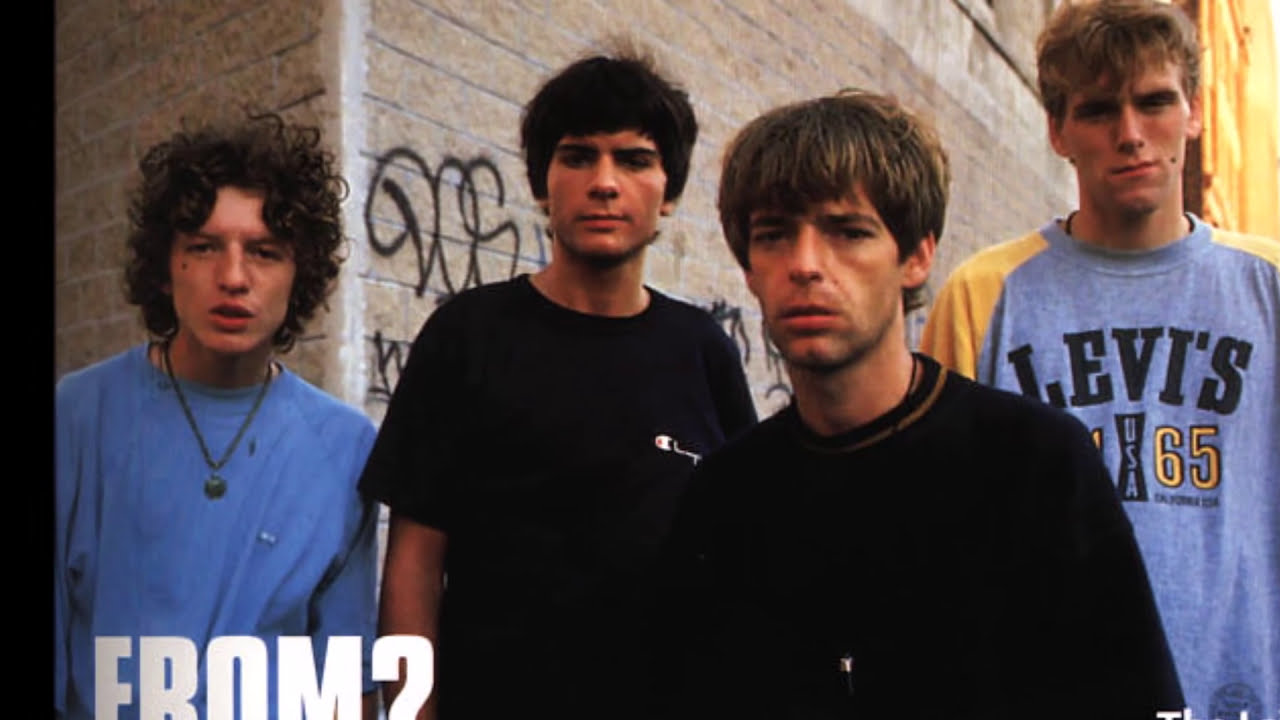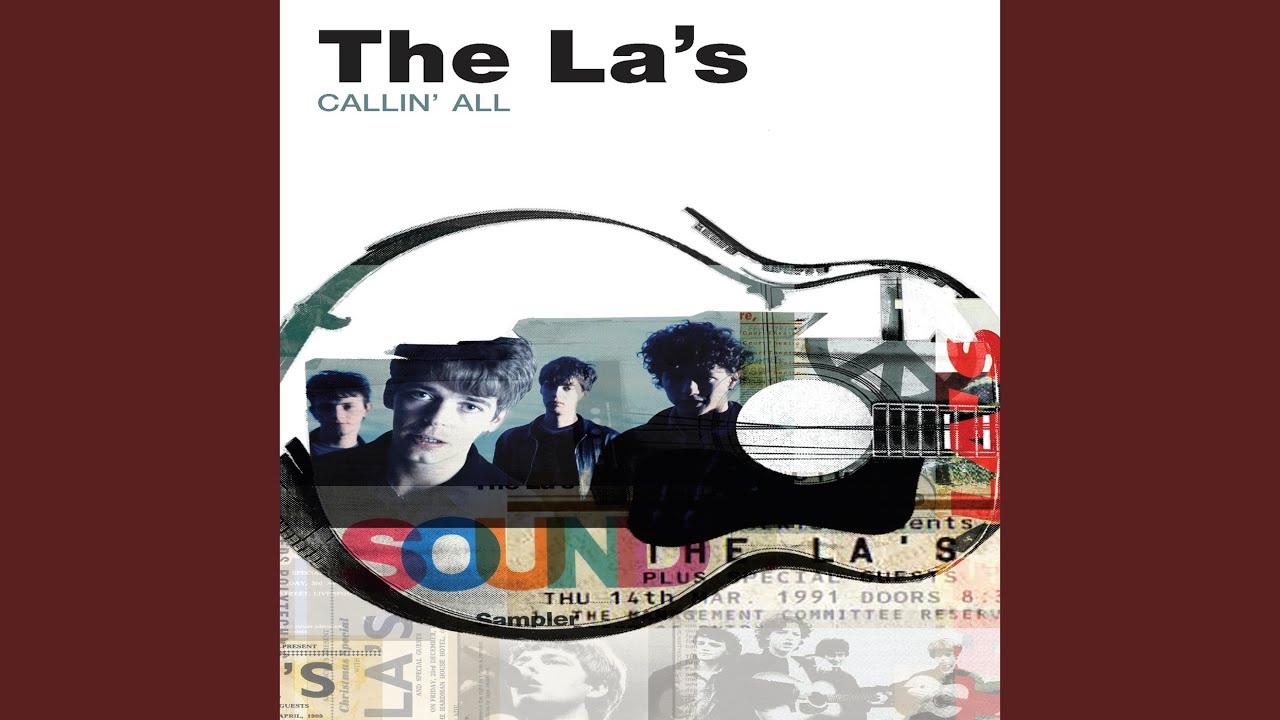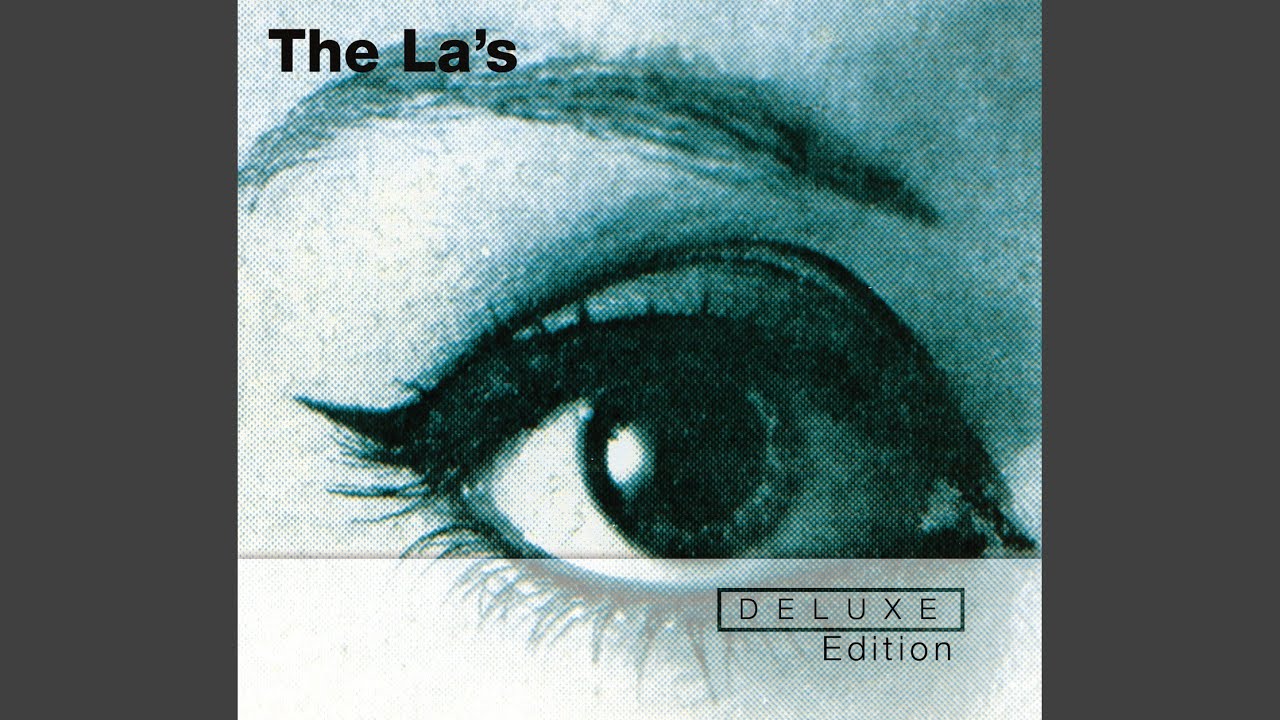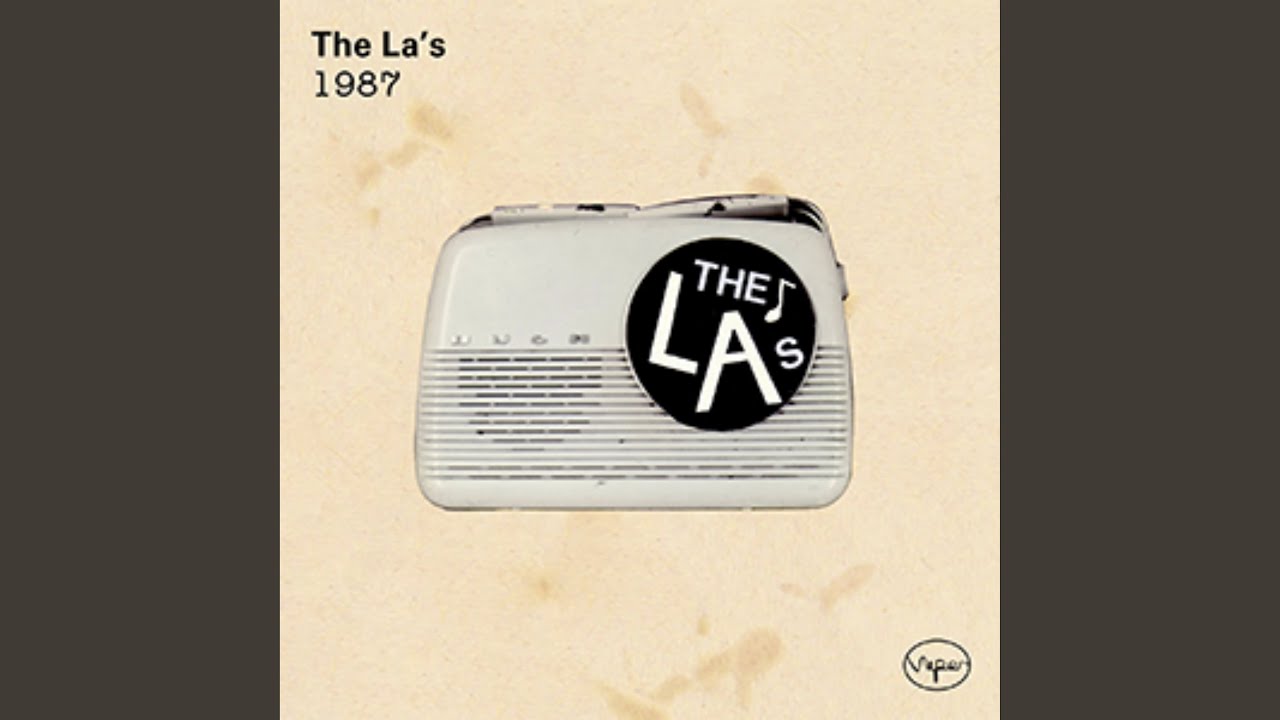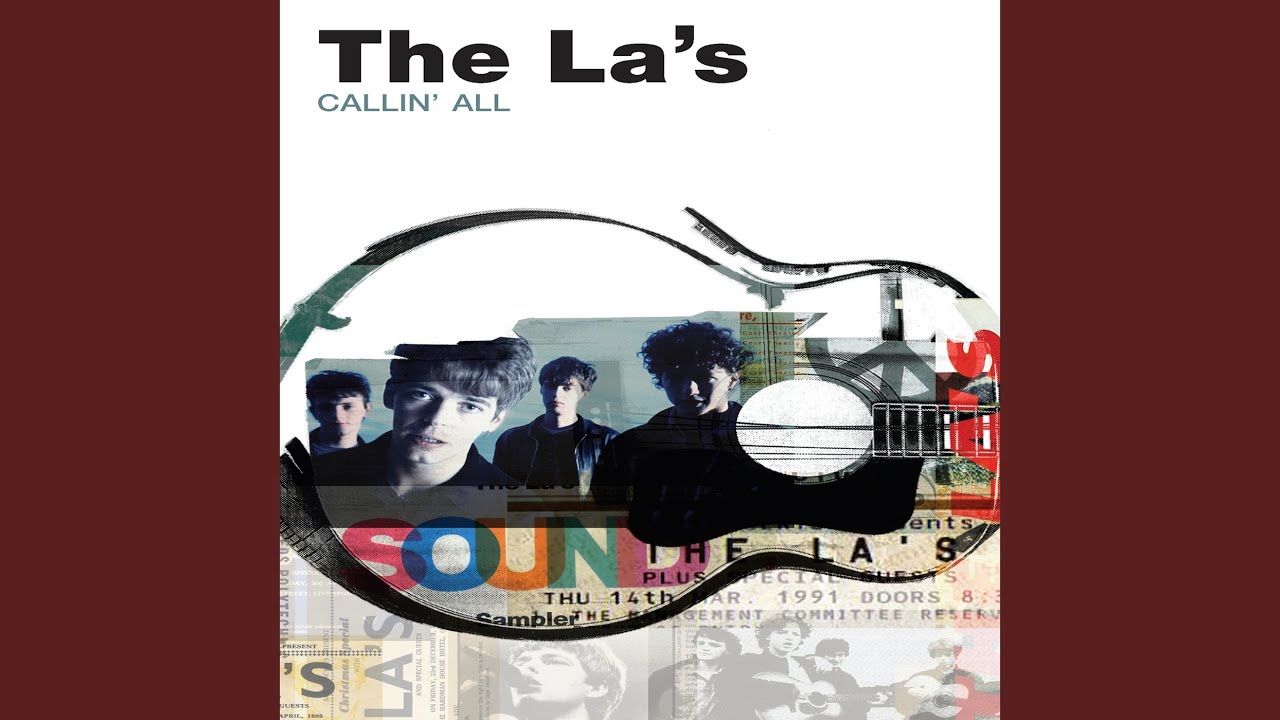Despite not having released new music in thirty years, The La’s still have millions more monthly Spotify listeners than Noel Gallagher’s High Flying Birds, The Charlatans, Pulp, and The Stone Roses. To most, they are Britpop antecedents who guttered then died within a few short years, but this is not what Lee Mavers – the group’s maverick genius – had in mind when writing the music that still attracts listeners in droves. The La’s, their first and only studio album, was mixed and released without the group’s approval, hence why they have vocally dismissed it ever since. It must be a strange feeling to be renowned for music you’ve described as being like “a snake with a broken back”, “as raw as a raw fish”, to have made what is probably a half-to-very decent living off a “bag of shit”. To Mavers, the clutch of songs he wrote in the late 1980s and early 1990s were – and probably still are – a creative Becher’s Brook like no other.
The issue was that Mavers was both blessed and cursed with an almost fetishistically precise idea of how his music should sound. Interviews are littered with Mavers specifying how acoustic guitars are used as “natural aerials” to capture the music in “its purest form”, how “the closer you get to perfection the closer you get to imperfection”. In the same way that Samuel Beckett wrote in French because of the language’s economy, and the possibility of writing “without style”, Mavers was in tireless pursuit of as transparent a delivery as possible, with zero separation between the core idea of the song, how it was played, and how it was experienced.
Indeed, like Beckett once writing in distress to a director after hearing that Estragon’s trousers only fell halfway down (rather than fully down) in a rehearsal of Waiting For Godot, Mavers would reject certain cables for being the wrong colour, cycle through umpteen guitars for one part, and fixate on certain tunings (either the ‘Pythagorean’ variant of 432Hz, or tuning to fridges, or amp feedback). The legend about him rejecting a recording desk for not containing genuine dust from the 1960s is apocryphal, but its mere existence, however false, indicates Mavers’ obsessive zeal. (Rumours about Gary Barlow doing this are thin on the ground).
Countless versions of the same song exist, either officially released or bootlegged. Some are slower, some faster, some with pristine, gin-clear quality, others with the tenor of music heard on a broken radio. Some argue that the BBC Sessions contain The One, others argue it’s the Picket Session, or the Mike Hedges session; Mavers (slightly inexplicably) once argued that the group was best in 1984, when The La’s were a slightly BBC 6 Music Brixton Windmill-y-type outfit fronted by Mike Badger, all arch, enigmatic spoken word and scratchy country-rock riffs. This hunt for the most pristine, san serif production and arrangement eventually dissolved the band in 1992. Barring a few gigs in the early noughties and a few (presumably) record label-authorised odds & sods releases, neither hide nor hair has really been seen of The La’s since. The problem with a relentlessly no-bullshit attitude to making art is that it eventually proves stultifying.
To some, writing a Strange World piece about this group might seem akin to running the rule over the discographies of The New Radicals or Menswear. They’re ubiquitous for one famous – though admittedly pristine – single (‘There She Goes’), but are perhaps diminished by association with Britpop and, to a lesser extent, Madchester. But it’s in these demo releases, and kitchen sessions, and live cuts, and alternate takes that their strange underbelly is revealed. The La’s, as the following list hopefully conveys, are mysterious and weird, and for so many more reasons than rumours, drugs, and monomania. Like the snake in Mavers’ memorable description, their songs coil in circles rather than travel in a linear direction. It’s easy to miss the complexity, the unusual rhythms, the lack of definable choruses and verses; much in The La’s’ catalogue has the structure and flow of hymns, mantras, or even spiritual songs.
Monomania is unfortunate, and Mavers often went beyond perfectionism into a kind of obsessive masochism: John Leckie (one of the many producers subbed on to record The La’s) said, “We’d record six songs that were fantastic, but if there was one thing wrong on the seventh song, [Lee] would be convinced that everything else was terrible and we’d have to start everything all over again.” But here’s the thing: when listening to the following cuts, the studio album really does, in the main, sound two-dimensional. Of all the versions of all the songs, the ones on the album infamously derided by Mavers and his musical consigliere, bassist John Powers, are usually the worst available, like some 3:4 scale replica of a landmark outside a casino. (This is perhaps a slight exaggeration, but submersion in the world of The La’s can have you evaluating different renditions with a similar precision to Mavers…) The album’s glossier production value was incongruous to the rattle and roll heard in TV performances, kitchens, gigs, demos, and radio sessions – but as the age-old saying goes, la’, the definitive versions remain securely locked away in Lee Mavers’ head. Still, photos posted on Facebook in January 2023 by a company renting out all-analogue recording gear show him, acoustic guitar in hand, surrounded by dusty microphones, speakers, and amps… We can only hope…
The La’s – ‘Over’ (Liz Kershaw 31/05/88)
Limitations foster creativity, which is why The La’s’ four BBC radio sessions contain some of the most exquisite renditions of their songs. Indeed, this arrangement might have been the perfect tonic for Mavers’ obsessive tendencies – better to be restricted to a few hours set-up, a bare-boned, expedient approach, and a terse engineer who wants to go home, than unlimited time, expensive studios, and eager-to-please producers. ‘Over’ is a track that was never released on the studio album but suits the airtight, direct approach of the radio session. One of The La’s’ bleakest songs, it builds and rises, twirling into nothingness like a barber’s pole, as if describing the way The La’s shorted out after Mavers’ perfectionism became too much for him and his bandmates to handle: “Over; the party’s over / Over; it’s stone cold sober / The spell is broken”. The slightly delirious, apocalyptic melancholy (as well as the Italian and Spanish folk influences that are a constant in the group’s knottier work) means ‘Over’ is one of the tracks to show anyone who sees The La’s as a Britpop also-ran. Nothing really sounds like this.
The La’s – ‘Son Of A Gun’ (Liz Kershaw 31/05/88)
Have The La’s – scratch that – have any band ever sounded so alive as in this performance of ‘Son Of A Gun’? You can almost feel the snap and sizzle of the quicksilver rhythm guitar part, sense the pop and slap of the crisp, air-tight drums. The whole thing sounds totally, thrillingly organic, a marauding golem made of twine, wood, and metal. It’s here that the difference between the group’s live sound and the one put to wax in The La’s is most apparent. The studio album cut is slower, more lifeless, and Mavers basically sounds bored; the group later stated that the record label, Go! Discs, mixed and released test tracks that the group had recorded while “messing around in the studio… fiddling around with sounds”. On the Liz Kershaw session, though, the group sounds vigorous and alive, delivering one hundred and eight seconds of concentrated, scratchy magic.
The La’s – ‘I Can’t Sleep’ (Liz Kershaw 31/05/88)
Much like the Liz Kershaw version of ‘Son Of A Gun’, on this rendition of ‘I Can’t Sleep’ the group sounds as vicious as they’ve ever sounded. This track tumbles and roils as one, a snarling beast that turns on a sixpence and approaches the swampy, galloping grooves of Beefheart’s Safe As Milk era. Would it be a stretch to say it sounds like a forerunner to Black Midi? In an interview for MW Macefield’s excellent book on The La’s, A Secret Liverpool, Lee Mavers complains about how “you can hear each instrument straining” on the studio album. In these BBC Sessions, though, for all their tight, almost vacuum-packed cohesion, they sound effortless. Note how the razor-wire guitar parts, the submerged bass arpeggios, Mavers’ cavorting, strident vocal part, and Iain Templeton’s slap-to-the-face drums are all bound up together in the chassis of the song, rather than being component parts.
The La’s – ‘There She Goes’ (1988 single version)
It would be churlish not to include ‘There She Goes’, the group’s calling card. Despite its ubiquity, ‘There She Goes’ is still a masterclass in how to sneak intricacy into pop – how many global hits just contain one verse re-used and readapted? It’s a testament to Mavers’ songwriting that ‘There She Goes’ never feels repetitive, only mantra-like. Built around an iconic, crystalline guitar riff and the lilting, three-note vocal melody, the song is the sweetest of all their tracks, but never seems saccharine. Predictably, the best version is not the one people are most familiar with. The 1988 single release is less muddy, and it jangles more. The groove (a few notches higher in tempo) kicks in after two repetitions of the riff, rather than the four on the best-known version, and the overlapping vocal harmonies are slightly more audible. With such direct music, these aggregations of marginal gains matter.
The La’s – ‘Feelin’ (Harris 07/10/90)
Lee Mavers had a one-in-a-million voice. Like Van Morrison or Etta James, he could achieve emotive phrasing and wild vocal runs while sounding raw and unpolished, with Morrison and James’ ability to use distinctive word pronunciation and phrasing. In videos of live performances from The La’s’ heyday, Mavers is magnetic, feet planted to the floor and neck jutting, belting out the melodies with those strange, bared-teeth gurns and grimaces. The way Mavers hits chiming high notes and seamlessly ricochets down to gravelly lows is like a trumpet player in its fluidity. Although ‘Feelin’ might initially seem like one of the group’s more throwaway ditties, it still showcases Mavers’ uncanny vocal ability and knack for crafting something magical out of the simplest of materials. ‘Feelin’ is one little succinct slice of a song with no bullshit or messing around. Each musical decision seems inescapable and decisive, carried through to the logical endpoint.
The La’s – ‘Fishing Net’ (Live, Salle De La Cité, Rennes, France, 06/12/1990)
There are a number of songs that were never officially released, subsequently generating a level of mystique among fans of The La’s. Although many that once existed as tantalising song titles have come to light online in the form of demo and live recordings, these are far from finished articles. There’s the fried, fragile beauty glimpsed in ‘Raindance’, and the wistful, anthemic qualities only hinted at in ‘Human Race’. Of all the unreleased songs, though, it’s ‘Fishing Net’ that might cast the longest shadow. The best version of ‘Fishing Net’ available is a scintillating live performance in Rennes, France in 1990, where The La’s seem to exist in pure flow state. Rather than simply beginning the song, they seem to tune into it, embarking on one of their trademark loping, bobbing grooves, with Mavers singing a beautiful cyclical refrain. There’s a strange fractal quality to the guts of this song, where the first bar is somehow the last bar; it’s difficult to imagine this music existing in sheet music or tablature. Mavers told NME in 2009 of this song that “It goes in threes… it goes round and round, that tune! It’s two different things happening at once – all on the same guitar. I always wanted a calypso vibe for it. Not typical calypso, though… bouncing, skipping!” When the song finishes, there’s a sense that it’s simply started transmitting somewhere else. Thank god this was never butchered by a trigger-happy producer.
The La’s – ‘Man I’m Only Human’ (1998 Japan bonus track)
Although The La’s typically stayed in the two to three-minute pop song vein, the moments where they stretch out into something looser are worth paying attention to. ‘Man I’m Only Human’ stands as one of the most spacious and ornate things the group ever did. Rather than the smash and grab, drive-by tactics of ‘Son of a Gun’ or ‘Feelin’ (all piss and vinegar and Beatles-esque efficiency), ‘Man I’m Only Human’ oozes languidly. There’s a rehearsal recording of this song floating around online that, in the prescient words of a YouTube commenter, recalls desert blues legends Tinariwen – it’s a bang-on comparison, with those overlapping guitar refrains and droning vocal chants. As Mavers sings his watery, transcendental tale, the ascending melodies and heaving rhythm start to recall a Mersey-sippi hymn that’s as cosmic as they ever got.
The La’s – Timeless Melody (Mike Hedges Version)
It’s interesting to note the difference between The La’s and the Britpop bands that Mavers inspired. Whereas their lyrics (in particular Oasis) are often about the central I, the strutting cock of the walk, The La’s are cosmically passive – see “Tell me where I’m going… Tell me where I’m bound…”, or “I get the feeling / That I am responding to a call”, or even “There she goes / there she goes again”. It’s on ‘Timeless Melody’, though, that this argot gels most perfectly with the music. The swaggering groove on this Mike Hedges-produced cut is a little slower than many of the available versions, but has the most elemental power. It chimes, rattles, and thumps. Note the lack of distinct verses or choruses. Barring a brilliantly muscular guitar solo, the track seems to move organically between various sections, rather than adhering to the build and release of verses and choruses. In different hands, lines like “a melody always finds me”, “breaking a chain inside my head”, and “I’ll never say what I want to say” could seem a little hack, but Mavers delivers them like someone addressing the heavens. It’s totally, joyously uncynical. There’s another, equally transcendent version available online where Mavers and Powers play this song on Canadian television. The pair run through a strutting, barebones performance with Mavers recreating the guitar parts with just his voice (“daralang-dangdang-dangdalang-dang”), eventually reducing the noisy TV audience and crew in the background to silence by the end. Watching the footage of Mavers on vital, urgent form, it’s easy to see why Powers described his first impression of Mavers as “Pan, y’know, the god, coming out of the forest”.
The La’s – ‘Callin’ All’ (The Picket Session)
The La’s were a fearsome live unit that often approached the tight, muscular grooves of Shellac or even Can (watch for Gary Mavers’ incredible open-handed drumming and the way judicious use of one bass and two guitars could achieve such manifold arrangements). ‘Callin’ All’ was never released on the album proper, but, like ‘Fishing Net’, holds a specific mystique among fans. This Picket Session track is notable for the apocalyptic vocalisations, the propulsive, slapping, open snare-based groove, and sense of gathering doom. Like ‘Over’, the lyrics for ‘Callin’ All’ seem to both describe and anticipate Mavers’ increasing frustration with the inability to realise his songs’ potential – “With heavy gut I’ve worked the land / for weathered heart and withered hand / yet still the cane comes beating down on me”. As with so many of the non-album tracks that come to light, you’re left wondering one thing: just how many more tracks of this quality has Lee Mavers got floating around?
The La’s – Liberty Ship (4 Track Demo)
Perhaps it was Liverpool’s proximity to the Atlantic ocean, but Mavers’ lyrics sooner or later came back to the sea. The way the rollicking groove of ‘Liberty Ship’ comes in perfectly evokes a steamer setting sail from the Albert Docks towards the USA, suggesting how Mavers took the base layers of The Who and The Rolling Stones, and married them with The Velvet Underground, delta blues, and Captain Beefheart, alchemising fairly route one influences into something fresh. Although the version on The La’s is actually pretty serviceable, this four-track demo version is best. As well as the brilliant tension between toe-tapping anticipation and infectious energy, there are some great percussive sections courtesy of ‘Maxwell’s Silver Hammer’-esque metal clangs, and what sounds like spoons and whistles. Like many of Mavers’ lyrics, his own pursuit of perfection seems to be his muse (do try to ignore the slightly queasy reference to “ship slave”, though) – “I am the toiler the old ship slave / I stoke the fire that keep you brave / And this I give for all mankind / Sail away on an ocean wave”. Like many La’s songs, the lyrics could be meta, suggesting Mavers as an Ahab-esque captain in pursuit of his elusive quarry.


